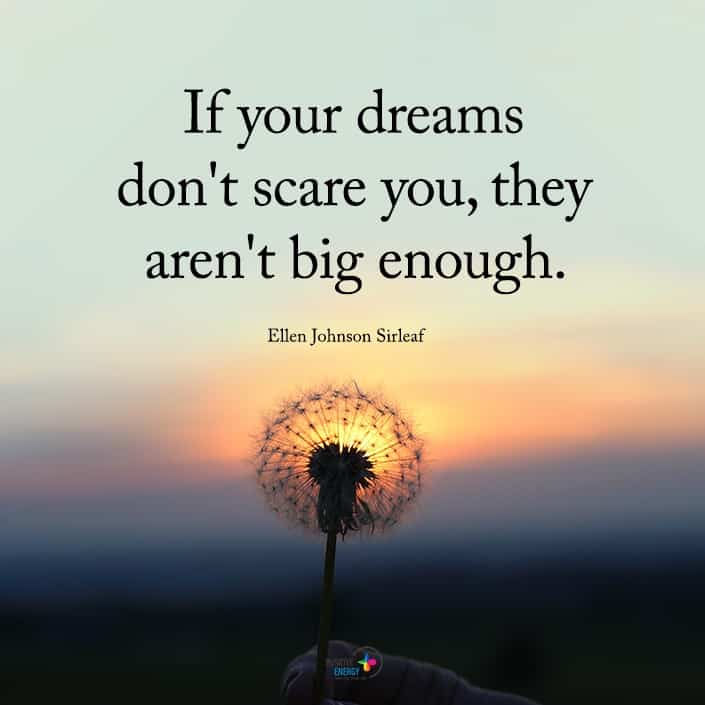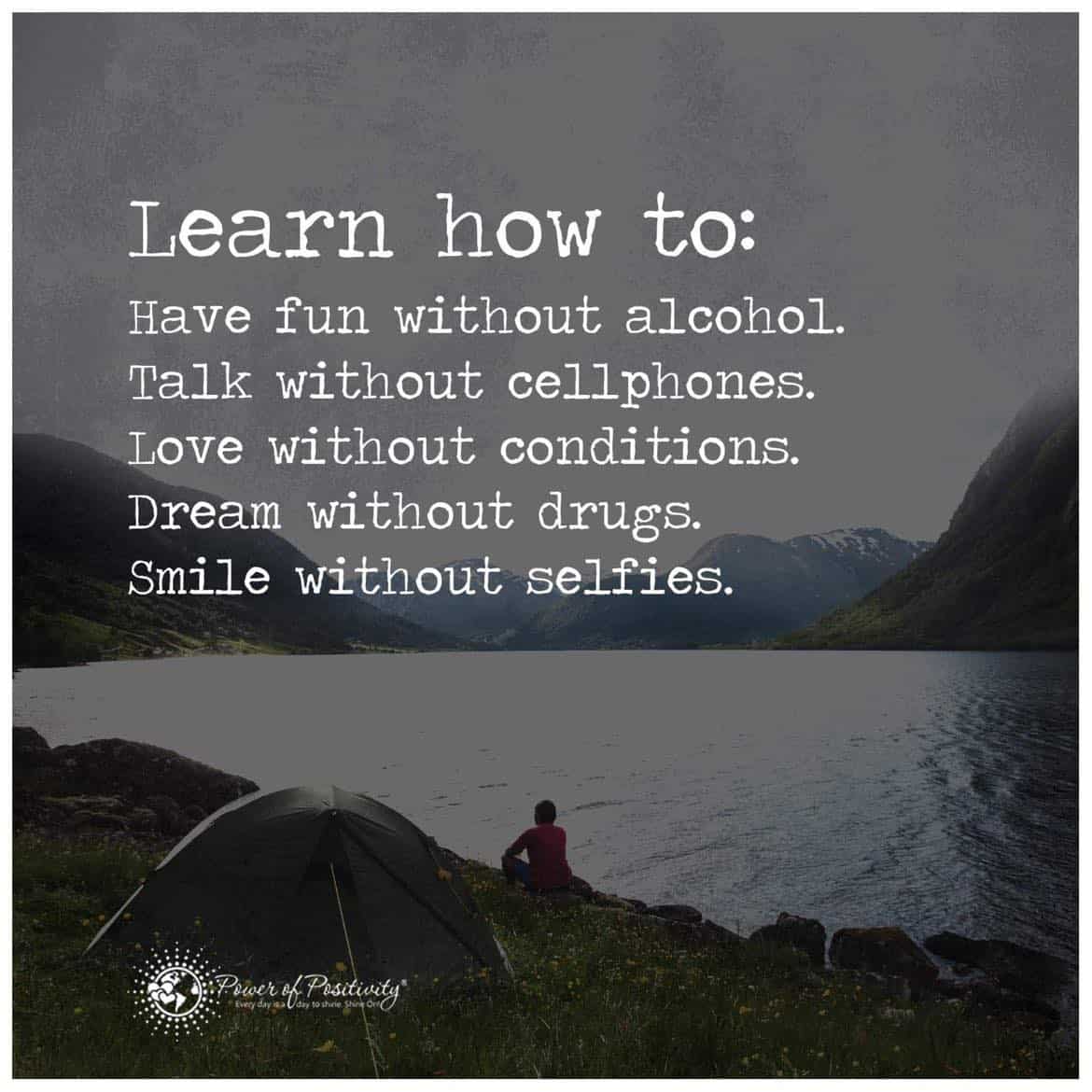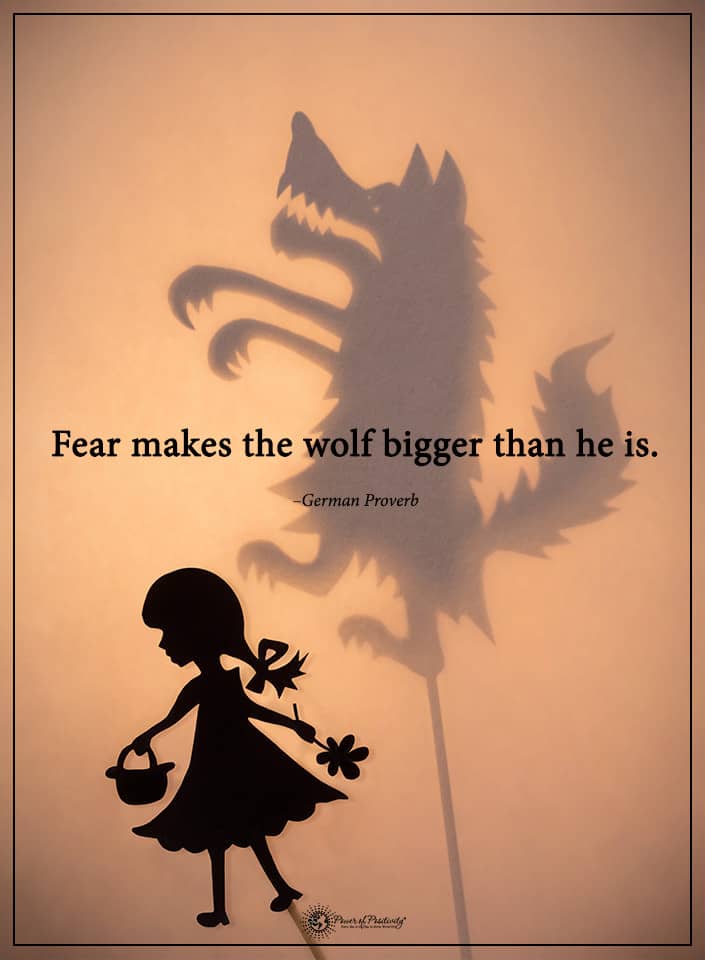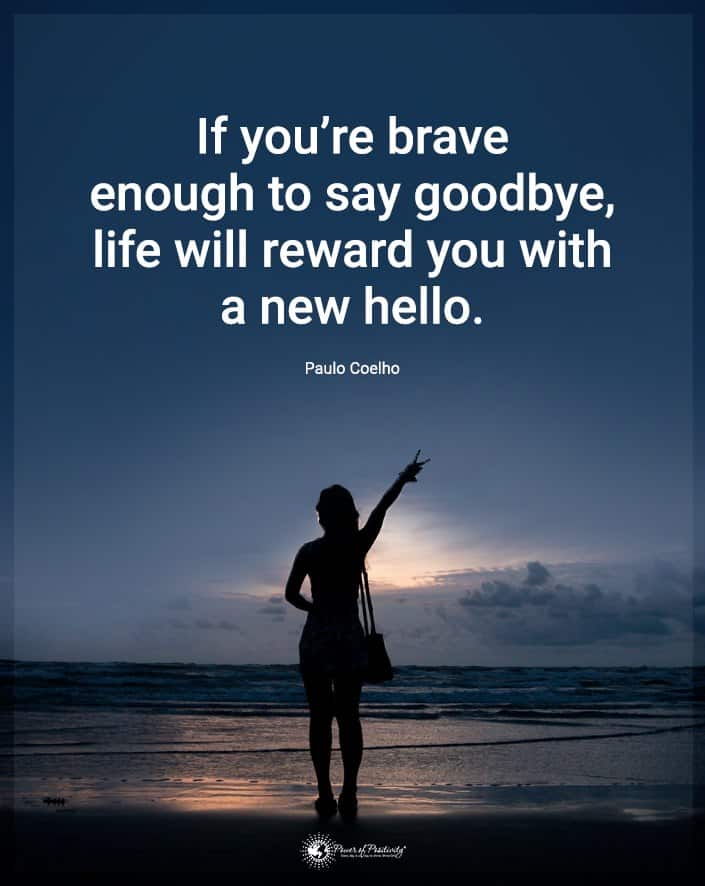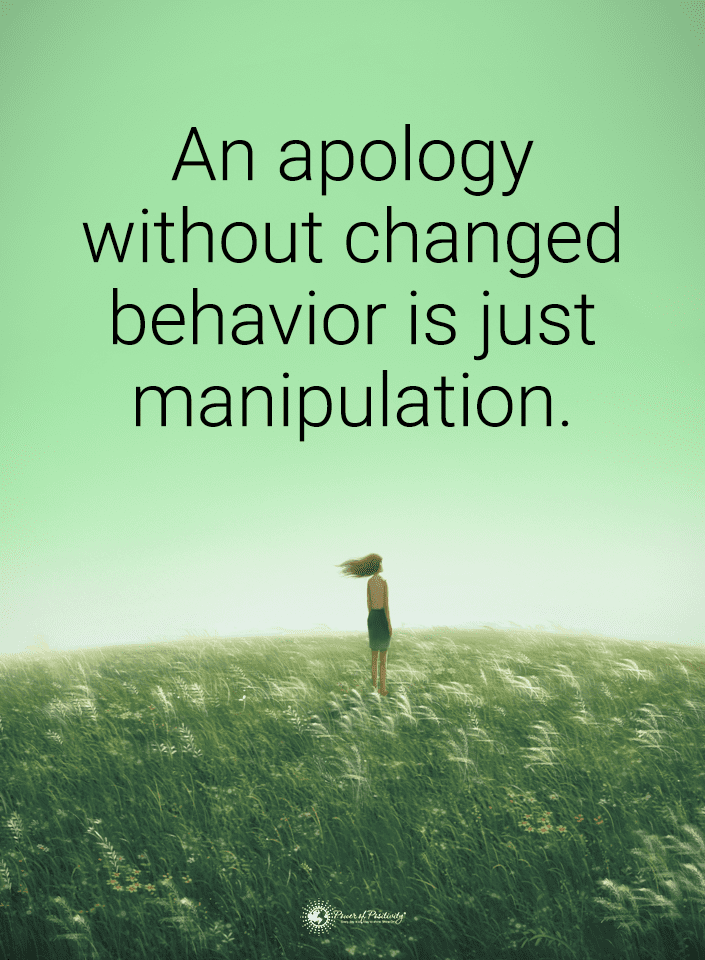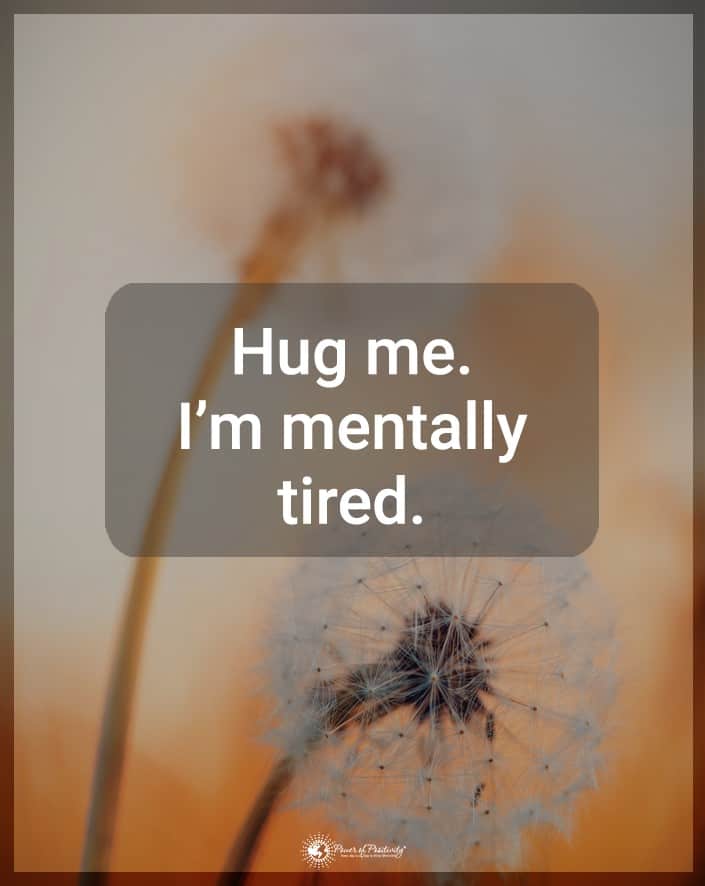Considering happiness starts from within, sometimes becoming happier can simply mean looking at things just a little bit differently. This article will discuss nine things that can make you happier.
9 Things That Can Make You Feel Happier
“Happiness, true happiness, is an inner quality. It is a state of mind. If your mind is at peace, you are happy. If your mind is at peace, but you have nothing else, you can be happy. If you have everything the world can give – pleasure, possessions, power – but lack peace of mind, you can never be happy.” – Dada Vaswani
1 – Acknowledge Your Fears
Everyone has fears. The mistake is allowing those fears to stop us from doing something we love. Fear, when ignored, is the same as giving up, and living to avoid it means we aren’t living our best life.
Acknowledge and question the fear and then put it into rational terms. Fear is simply a stepping stone to something bigger and better. It is a test to see how badly we want it. Fear doesn’t shape happy people. Instead, the steps they take to move through it to bigger and better things shape them.
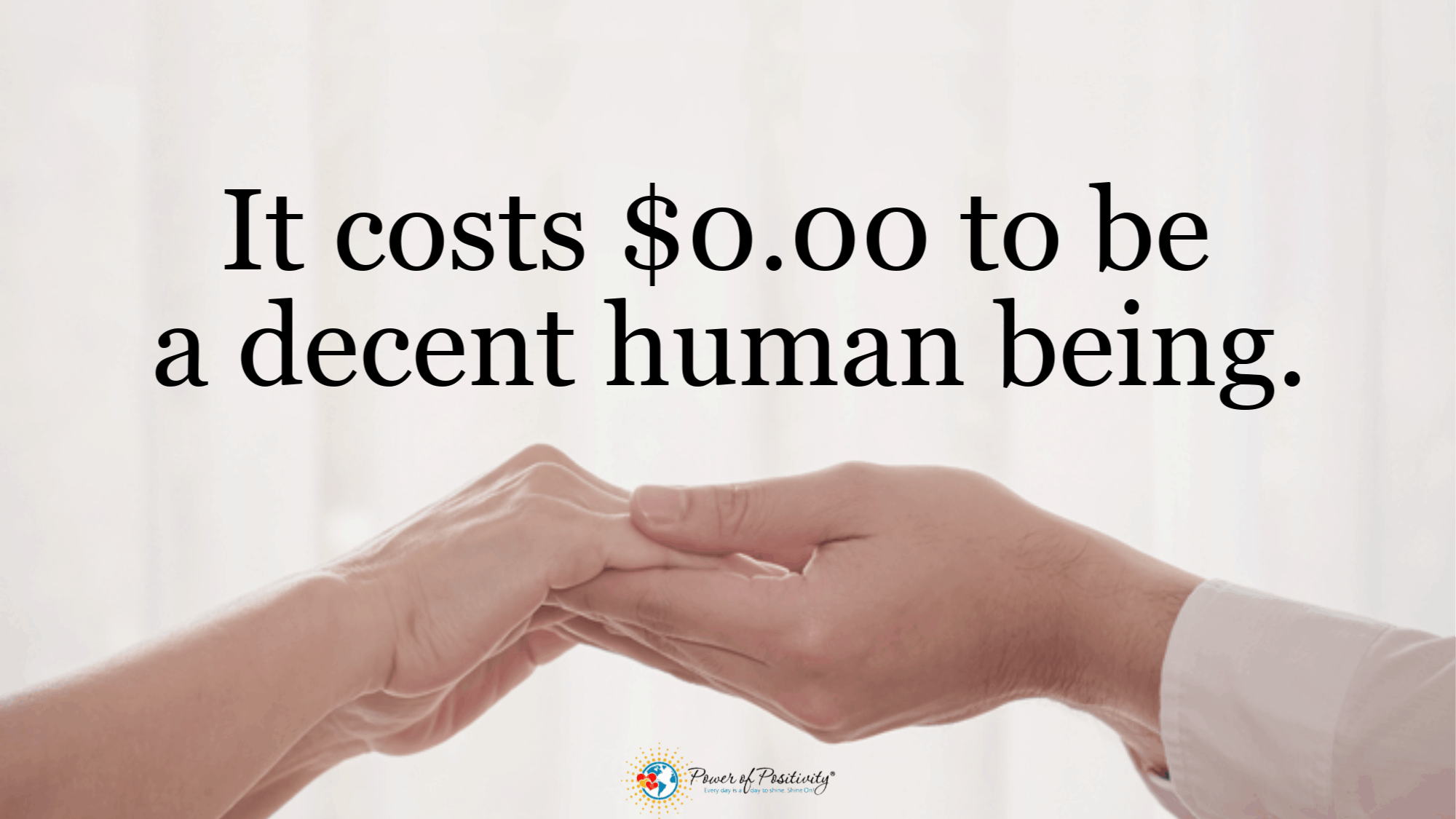
2 – Argue on the Other Side
When we get into disagreements, we have one opinion, and the other person has the opposite. Here’s the thing, though; arguments are a good thing. Without them, there would be no progress.
When we argue in support of our position, we are looking for a “win.” So what would happen if we switched sides?
Instead of gathering evidence to support our point of view, let’s start gathering evidence to support the other side of the argument. It will help bring awareness to the discussion and can help prompt compromise or, at the very least, a more considerate argument.
3 – Release the Competitive Mindset
Life is not a competition. By nature, most people are competitive, and we must recognize that living life is not a competition. I mean who are we competing against – ourselves?
Our society has evolved to a point where we do not need to fight for resources if we choose. Relinquish the need to keep up with the Joneses. Be happy for other people’s successes and learn from them. Let their lessons help catapult our successes and ensure our successes are our own. The only person that’s going to win at our life is us.
4 – You’re Happier When You Do Favors for Others
The Benjamin Franklin Effect attacks the assumption that we do nice things to people we like. The science behind it says the opposite, however: we grow to like the people when we do favors for them.
Asking for and receiving a favor generates good feelings on both sides. So if we want to get in good with someone, we should ask them to do us a favor.
5 – Forget Perfection to Be Happier
Forget perfect and focus on just doing better. The goal in life is not to win all of the time unless you are a sports team, and even then it’s unrealistic.
Instead, the goal in life is to have more good than bad, more happiness than meaningless, and more success than failure. We should all try to do a little better today than we did yesterday. There is no perfect; there is only perfect for right now.
6 – It Is Not Personal
The actions or reactions surrounding something have very little to do with us and more likely has everything to do with the other person. They are probably not even thinking about our reaction to what they said or did. And if they are not thinking about our reaction, then we shouldn’t be either.
Trust that people are good in their hearts. They are doing the best they can, and remember, we may not have the whole story.
It doesn’t mean we should surround ourselves with people who do things that are hurtful. Our job is to be aware that the hurt is rarely focused on anyone in particular and is usually focused on something that is going on in their lives.
7 – Morning Calm
A rushed and hectic start to our day will create a stressful and rushed feeling throughout the day. Of course, setting our alarm for earlier than necessary is hard. Even an additional fifteen minutes of stillness before getting out of bed can add a sense of calmness that will start the day off on the right foot. Try creating a ritual that helps avoid too much thought first thing in the morning. Make sure that ritual includes time just to be.
8 – Show Up
Nothing gets done when we don’t show up. We will never begin that new hobby, never travel to our wish list destination, never open up a business, and so on. If we don’t show up to do the smallest tasks, the bigger things will never happen. Let’s do something every day that requires us to show up. Let’s not let our life pass us by because we forgot to show up.
9 – Smile to Feel Happier
Smiling is one of the best ways to be happier. A simple smile can have a huge impact on our mindset and how are we see our circumstances. Smiles are contagious and can affect everyone in the vicinity. When we smile, other people around us will start to smile too. Find reasons to smile even when alone.
It might start out as a chore, but do it enough, and we won’t be able to deny the happy feelings we feel, and the people around you will feel it too. A little change in perspective can go a long way to helping us be happier over time. Smile, show up, argue the other side, and watch as happiness grows.


